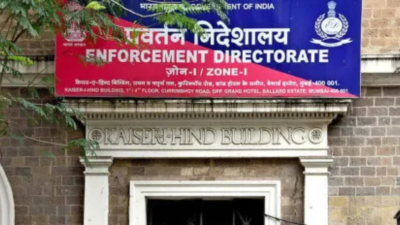Euro instability could hurt India,says Singh
Prime Minister Manmohan Singh today cautioned that prolonged uncertainty and instability in Euro zone countries could hurt us all.
Prime Minister Manmohan Singh today cautioned that prolonged uncertainty and instability in Euro zone countries could hurt us all.
The worsening of Euro zones problems and continued weakness of the global economy could mean a two percentage points difference in GDP growth rate for India.
In his speech at G20 on Thursday,Singh put Indias thoughts succinctly: as the G20 battles with short-term problems of crisis management,it must not lose sight of the development needs of developing countries. He drew attention to the G20s Seoul Development Consensus objective of re-directing global savings and leveraging them for investments in developing countries. This,he said,would help offset the moderation in private consumption demand in developed countries.
Between April and September,the IMF reduced its 2011 growth forecasts for the global economy for 2011 from 4.4 per cent to 4 per cent and from 4.5 per cent to 4 per cent for 2012. With the possibility of Euro zone plunging itself and perhaps the entire rich world into another recession,other pertinent subjects on the G20 agenda which India is keen on,could be pushed into the backburner. Besides evolving a credible mechanism for Euro zone crisis,India would also want the G20 to work towards a stronger international monetary system IMS,bolster the food security initiative agreed to in last Novembers Seoul summit and take steps to increase the availability of global investible surpluses for infrastructure financing in emerging economies.
Speaking to reporters immediately after the meeting of G20 leaders,Planning Commission deputy chairman Montek Singh Ahluwalia admitted that meeting was overshadowed by the sudden developments in Greece. He,however,pointed out that Greek economy was not big enough to make a difference to the global economy. The concern was over the contagion effect of the Greek crisis on peripheral Euro zone countries which faced similar sovereign debt problems,he said.
- 01
- 02
- 03
- 04
- 05































